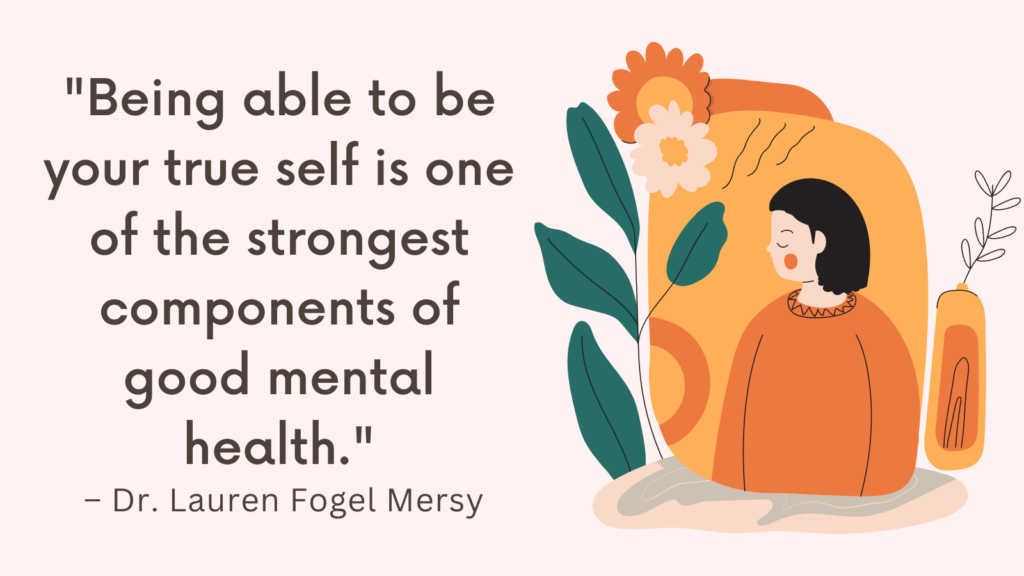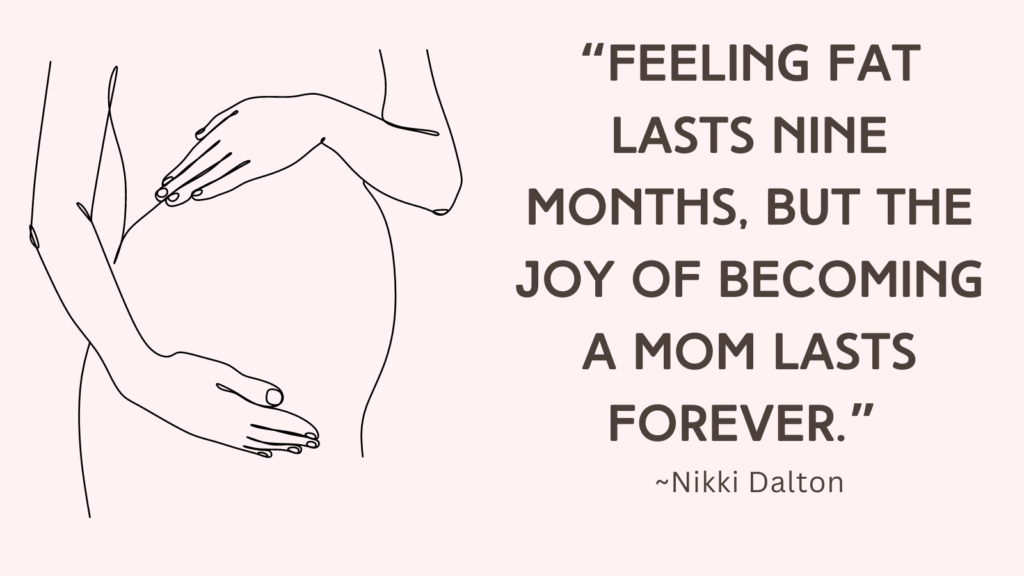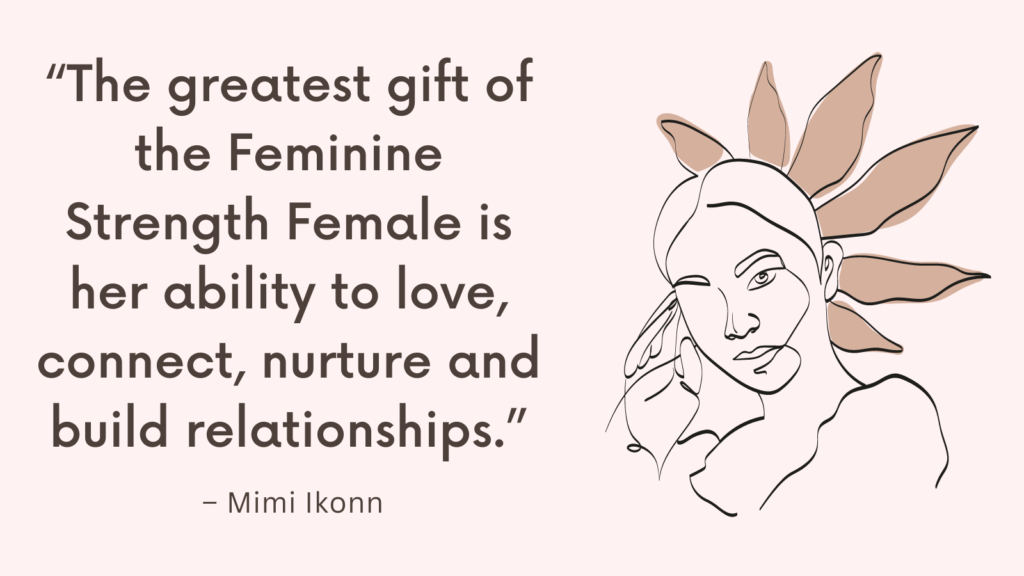In this post, you’re going to discover characteristics of female introverts.
What Are Introverts?
Introverts are individuals who tend to be more reserved, solitary, and introspective.
They often prefer solitude over socializing in large groups and may feel drained after spending extended periods of time in social situations.
Introverts can also be very reflective, thoughtful and creative, and they often benefit from having alone time to recharge and process their thoughts and emotions.
It’s important to note that introversion is a normal personality trait and is not the same thing as shyness or social anxiety.
Related: What An Introvert Uses To Recharge?
Introversion vs. Extroversion
Introversion and extroversion are two personality traits that describe how people interact with the world around them.
Introverts tend to be reflective, reserved, and prefer spending time alone or in small groups.
They may find social interaction tiring and need time to recharge after being around others for extended periods of time.
Extroverts, on the other hand, tend to be outgoing, talkative, and enjoy interacting with others.
They often thrive in social situations and get energy from being around other people.
Introversion and extroversion exist on a spectrum, and most people fall somewhere in between.
It’s also possible to exhibit different levels of introversion or extroversion in different situations or contexts.
Shyness vs. Introversion
Shyness and introversion are often confused for being the same thing, but they are actually two different traits.
Shyness refers to a feeling of discomfort or anxiety in social situations, often resulting in avoiding social interactions.
It is often associated with low self-esteem.
On the other hand, introversion refers to a personality trait where one prefers to spend time alone or in small groups, and gains energy from solitude instead of social interactions.
Introverts are often more reflective and introspective, and may feel drained after prolonged social interaction.
While shyness and introversion can coexist in an individual, they are not always related.
Some introverts may be perfectly comfortable in social settings, while some extroverts may experience shyness in certain situations.
Neither shyness nor introversion is inherently positive or negative.
Both traits have their own strengths and weaknesses and can contribute to a person’s overall personality and behavior.
Related: Best 21 Hobbies For Introverts (+FREE PDF Download)
Top 7 Characteristics of Female Introverts
1. Enjoying Alone Time
Female introverts are often characterized by their tendency to prefer spending time alone rather than being around others.
They find solace in solitude and carve out moments of peace and quiet to help them recharge.
While they may still enjoy socializing with others, they find that being around people for prolonged periods can be draining and leave them feeling exhausted.
This doesn’t mean that they don’t enjoy the company of others, but rather that they need to balance it with enough time to themselves.
Female introverts tend to enjoy long walks, reading books, watching movies or engaging in creative activities as a way of unwinding and recharging.
They value their alone time as an opportunity to reflect, ponder and gain clarity about their thoughts and feelings.
In fact, many introverted women find that their best ideas and insights come when they’re alone and free from distractions.
2. Being Thoughtful And Reflective
Female introverts are highly introspective, spending a lot of time in contemplation and reflection.
This allows them to analyze situations and feelings more deeply, leading to a better understanding of themselves and their surroundings.
In conversations, they may take a longer pause before responding as they process what was said carefully.
It’s not that they don’t know what to say, but they want to ensure their response is thoughtful and accurate.
They’re also comfortable with silence and can easily entertain themselves with a book or activity.
Because they prefer one-on-one conversations rather than social outings with large groups, they tend to be excellent listeners.
They have a keen sense of empathy and can understand a person’s perspective even without being told.
Their ability to think deeply about things allows them to offer insightful and valuable advice.
3. Having A Small Group of Close Friends
As opposed to extroverts who thrive in large social settings, introverted women prefer deep and meaningful connections with a few people they trust.
This doesn’t mean that they don’t enjoy socializing or meeting new people, but they find it exhausting and overwhelming to constantly engage in small talk and meaningless conversations.
Instead, they value quality over quantity when it comes to friendships, preferring to invest their time and energy in developing strong and meaningful relationships with people who share their interests and values.
Due to their introspective nature, female introverts often take longer to open up to others and build trust, but once they do, they are loyal and supportive friends who will be there for you through thick and thin.
4. Disliking Small Talk
Unlike their extroverted counterparts, who thrive on social interactions and engage in chatter and banter effortlessly, introverted women find small talk dull and often uncomfortable.
For an introverted woman, conversations without depth or meaning feel superficial and meaningless.
They prefer conversations that have substance and lead to a deeper understanding of the person they are talking to.
This is why introverted women often take longer to warm up to new acquaintances as they need to gather enough information and find common ground before they open up.
Moreover, small talk can be draining for introverted women as it requires a lot of energy to engage in conversations that do not appeal to them.
Instead, they prefer one-on-one discussions that allow them to express themselves more freely without feeling overwhelmed.
5. Being Creative And Imaginative
They have a natural ability to let their thoughts wander and create new worlds within their minds.
This creativity often extends to artistic pursuits, like drawing, painting, music, or writing.
Because introverts tend to be comfortable with their own thoughts and enjoy alone time, they may find solace in these creative outlets.
They use their introspective nature to fuel their imaginative side, which can result in truly unique pieces.
Additionally, female introverts are excellent listeners and can often pick up on subtle details that others might not notice.
These observations can inspire their art and give it a depth that others may struggle to achieve.
6. Being Sensitive And Emotional
Female introverts are often known for being sensitive and emotional individuals.
They tend to be more in tune with their feelings and are highly empathetic towards others.
They possess a great deal of emotional intelligence and can pick up on subtle cues and changes in the moods of those around them.
Their introspective nature allows them to reflect deeply on their own emotions and experiences, which helps them to gain a deeper understanding of themselves and their relationships with others.
This makes them excellent listeners and confidantes, as they are able to offer insightful advice and support to those in need.
However, this sensitivity can also leave female introverts vulnerable to feeling overwhelmed and exhausted by the emotional demands of others.
They may need more alone time to recharge and process their emotions, which can be misunderstood by those who do not understand their introverted nature.
Related: Best 7 Pregnancy Self Care Products
The Struggles Of Female Introverts
1. Misunderstanding From Others
Female introverts often face a variety of struggles in their everyday lives.
One of the biggest challenges that they typically encounter is being misunderstood by others.
In many cases, people who don’t understand introverts may mistake their quiet or reserved nature as being standoffish, aloof, or unfriendly.
This can make it difficult for introverted women to form meaningful connections and relationships with others, which can leave them feeling isolated and lonely.
2. Difficulty In Making New Friends
Many introverted women tend to be shy and reserved, preferring to keep to themselves rather than engage with large groups of people.
This can make social situations challenging, particularly when it comes to meeting new people and forming meaningful connections.
The difficulty in making new friends is often rooted in a fear of rejection or being misunderstood.
Female introverts may feel self-conscious and unsure of how to navigate unfamiliar social situations, which can lead to anxiety and stress.
3. Struggling In Networking Or Job Interviews
The social and professional world is often geared towards extroverts who are comfortable with small talk, self-promotion and networking events.
However, introverts tend to be more reserved, introspective, and prefer deeper connections and meaningful conversations.
This difference in personality traits can create anxiety and stress for female introverts, especially when it comes to job interviews or networking.
Female introverts may find it difficult to navigate job interviews or network effectively due to their preference for quiet environments and reflective thinking.
They may struggle with voicing their opinions, coming across as confident, and may have a harder time selling themselves to potential employers.
Additionally, networking events can be overwhelming and exhausting for introverts since they often involve crowded and noisy environments, which can make it harder to connect with others and form lasting connections.
4. Struggling To Assert Themselves In Social Situations
For introverts, social situations can feel overwhelming, draining and anxiety-inducing.
They may find themselves struggling to contribute to conversations, making small talk or networking.
This can lead to feelings of frustration, inadequacy or even shame, which can further perpetuate their social anxiety.
However, it’s important to remember that being an introvert doesn’t mean that one is incapable of being assertive or successful in social situations.
With patience and practice, introverts can learn to use their unique strengths, such as active listening, empathy and thoughtfulness, to assert themselves more effectively.
Positive Aspects of Being An Introvert
Being an introvert is often viewed as a negative trait, but there are many positive aspects of being one.
1. The Ability To Think Deeply And Critically
One of the greatest strengths of introverts is their ability to think deeply and critically about a variety of subjects.
Unlike extroverts who thrive on social interactions and external stimulation, introverts tend to rely on their own thoughts and internal experiences to make sense of the world around them.
This ability to think deeply allows introverts to develop a rich inner life that is full of insights and ideas.
They are often observant and reflective, taking the time to process information before forming an opinion or making a decision.
2. Increased Creativity And Productivity
One of the most notable positive aspects of being an introvert is increased creativity and productivity.
Introverts tend to engage in deep thinking and introspection, which gives them a creative edge.
They are also highly focused and self-motivated, allowing them to work on tasks for long periods without distractions.
This ability to work independently often leads to higher productivity levels.
Additionally, introverts value solitude and tend to spend a significant amount of time alone. This time spent in introspection can help them generate new ideas and deepen their understanding of a subject.
3. Being Able To Connect With Others On A Deeper Level
Unlike extroverts who may thrive in large social gatherings and superficial small talk, introverts are more introspective by nature and prefer one-on-one conversations where we can truly get to know someone.
Due to our reflective nature, introverts tend to be great listeners.
They take the time to fully absorb what someone is saying and ask thoughtful questions to show that they are genuinely interested in understanding their perspective.
In addition, introverts tend to be more comfortable with silence, which can often be a barrier for extroverts when it comes to building relationships with others.
Instead of trying to fill every moment with words or activity, we are comfortable with taking pauses to reflect or simply enjoy each other’s company.
This can lead to a greater sense of intimacy and trust in our relationships.
Coping Strategies For Female Introverts
As a female introvert, it can be challenging to navigate a world that is often loud and extroverted.
However, there are some coping strategies that can help you embrace your true self and make the most out of your introverted nature.
#1. Embrace Your True Self
It’s important to recognize that being an introvert is not a weakness, but rather a personality trait that comes with unique strengths and abilities.
Take time to reflect on your own strengths and skills that you bring to the table, and focus on developing those rather than feeling like you need to conform to extroverted norms.
Remember that it’s okay to take breaks and recharge your batteries when you need to.
As an introvert, socializing and being around people for extended periods can be exhausting, so don’t be afraid to take time for yourself to rest and recharge.
#2. Learn How To Say No
As an introvert, you may find that social situations can be overwhelming at times, so it’s important to communicate your needs and limits to others in a respectful but firm manner.
Don’t be afraid to speak up for yourself and set boundaries when necessary.
Here are some tips on how to do just that:
1. Be Honest: Don’t beat around the bush or make excuses. Be honest about why you are saying no, whether it’s because you don’t have the energy, time, or interest.
2. Be Firm: Once you’ve made the decision to say no, stick to it. Don’t let others guilt you into changing your mind.
3. Offer Alternative Solutions: If you feel bad about saying no, offer alternative solutions. Maybe you can’t attend a social event, but you can have a one-on-one coffee date with the person instead.
4. Practice Self-Compassion: Give yourself permission to say no without feeling guilty. Remember, you’re not obligated to say yes to everything.
Incorporating these strategies into your life can help you set healthy boundaries and protect your energy as a female introvert.
#3. Find Social Activities That Work For You
Being an introvert can sometimes pose challenges when it comes to socializing.
It is important to recognize that being an introvert is not a flaw, but rather a personality trait that should be embraced.
That being said, if you are a female introvert, finding social activities that work for you can help.
This means identifying activities that align with your interests and values.
For example, if you enjoy reading, look for book clubs or literary events in your community.
If you value fitness, consider joining a running group or yoga class.
It’s important to remember that socializing doesn’t always have to mean large gatherings or parties.
Small gatherings or one-on-one interactions can be just as meaningful.
Conclusion
Female introverts often find themselves struggling to navigate social situations that require them to be outgoing and talkative.
They may feel drained after extended periods of social interaction, and they tend to prefer smaller groups or one-on-one conversations rather than large gatherings.
Coping strategies for female introverts can include scheduling alone time to recharge, setting boundaries with others when it comes to social events or expectations, and finding like-minded individuals through hobbies or online communities.
It is important for female introverts to remember that their personality traits are valid and should be embraced, rather than feeling pressured to conform to societal norms that value extroversion.
By recognizing and honoring their needs, female introverts can lead fulfilling and authentic lives.


